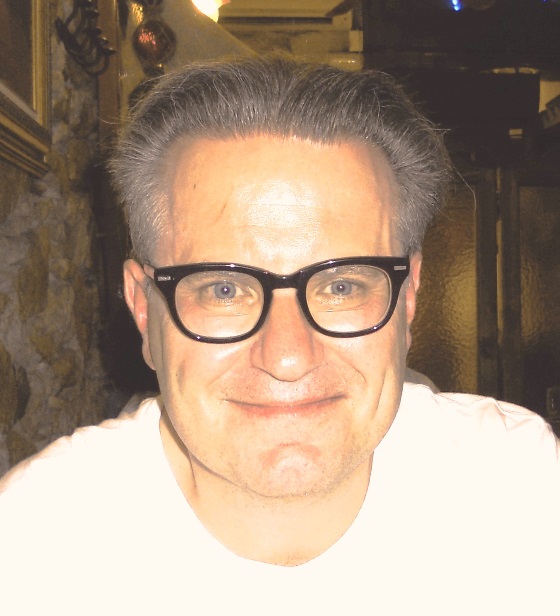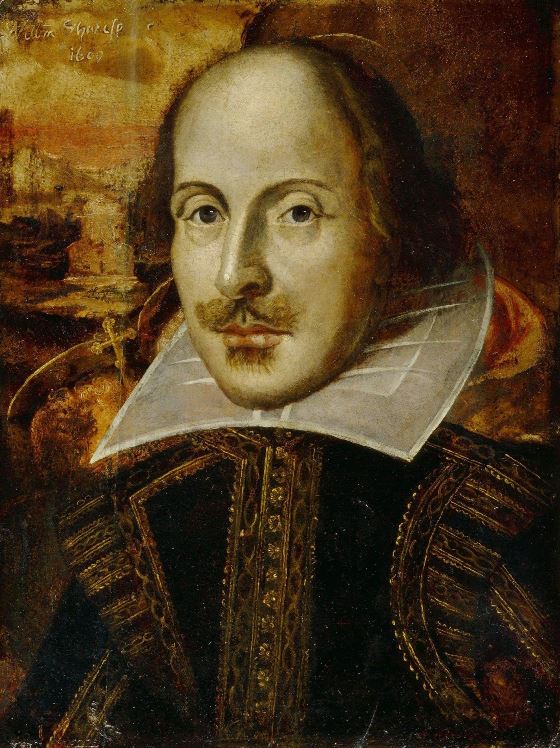A Shakespeare expert from De Montfort University Leicester (DMU) is to use the latest computer techniques to try and prove once and for all whether the Bard really did write all his work himself.
Professor Gabriel Egan has been awarded £250,000 by the Arts and Humanities Research Council to try and shed light on one of literature's oldest and most controversial questions: just what did Shakespeare write?

Scholars throughout history have debated the authorship of not just lines and scenes but whole characters and entire plays from the body of work attributed to Stratford-upon-Avon’s most famous son. The problem is complicated by the fact that about half of Shakespeare's plays appeared in multiple early editions (in his lifetime and shortly after) that differ greatly from one another. Where did they all come from?
And now Professor Egan is embarking on an 18-month project using advanced computer analysis to try and get a definitive answer to the burning question.
He said: “The big question this research is looking to answer is: what did Shakespeare actually write? Contrary to most people’s interpretation we don’t actually know what he wrote for sure.
“The First Folio of his work, published seven years after his death, is the standard from which the modern collection of Shakespeare’s work is taken.
“But there are big differences between this Folio and the versions of Shakespeare’s plays published in his lifetime, known as the quartos. It is these differences I will look at.”
RELATED NEWS
See all the events taking place at DMU tot celebrate 400 years since Shakespeare's death
DMU expert shows Shakespeare was legend in his own lifetime with freshly unearthed evidence
New Shakespeare research by DMU featured on anniversary BBC website
Using computers, Professor Egan will analyse the different versions of plays and poems attributed to Shakespeare and compare them to many other works from the same period. The computer will look for words or groups of words used most commonly by Shakespeare and other writers, to try and deduce who really wrote what.
Professor Egan said: “This isn’t just about style, or conscious choice of words. It will look at how many times the word ‘of’ or ‘the’ is used, the kind of subconscious choices which really give each writer their individual footprint.”
The research will follow on the heels of “The New Oxford Shakespeare”, a new edition of the Complete Works to be published later this year by Oxford University Press.

Professor Egan has worked as one of the general editors on the collection, which is set to cause controversy by adding in new material it claims was written by Shakespeare, while showing that other, more established works contain unacknowledged contributions from other writers.
Professor Egan said: “The collection will include writing that has never appeared in a Complete Works of Shakespeare before: his additions to Thomas Kyd's play 'The Spanish Tragedy' and his contributions to the anonymous 'Arden of Faversham'.
“In addition, we provide new evidence that significant parts of that First Folio were not actually by Shakespeare.”
He said that while the new Complete Works would stir the authorship debate yet further, he hoped his research would go some way to settling the matter. The New Oxford Complete Works will be followed by an edition from the same publisher of Shakespeare's Complete Alternative Versions, and the differences in those alternative versions are at the centre of Egan's new research.
He said: “Through this work I want to be able to publish a book which attributes authorship as accurately as possible, and which can assist the editing of modern editions of Shakespeare’s work. Readers care about who wrote what and deserve to get our best answers on that.”
Posted on Friday 8 April 2016